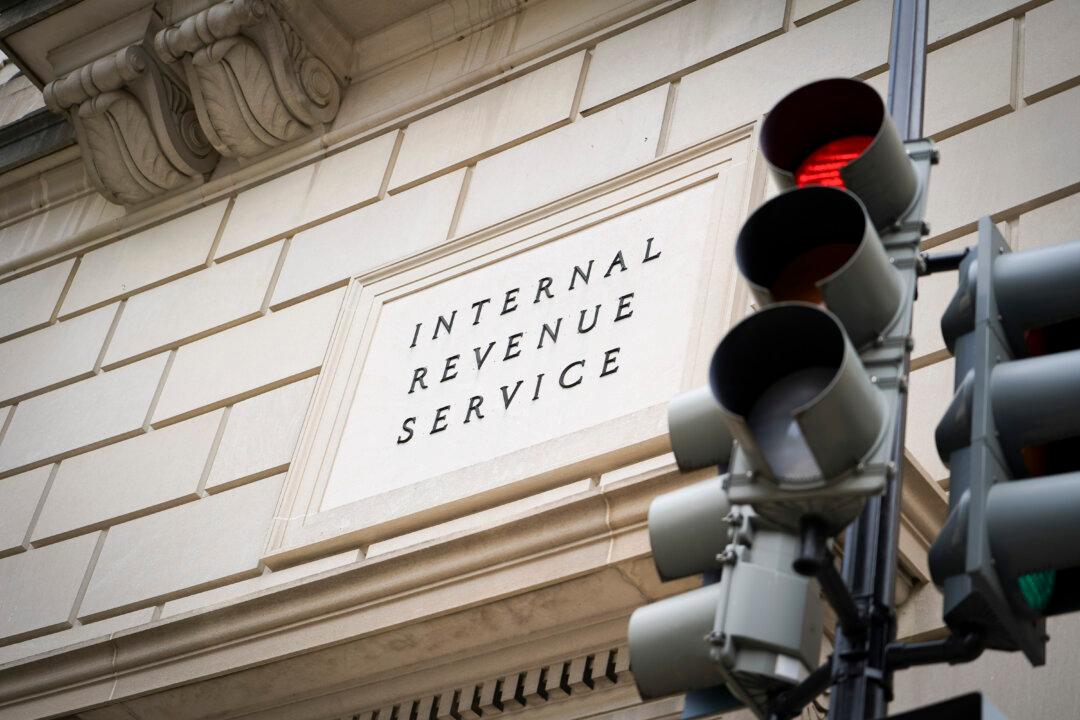The Internal Revenue Service (IRS) faces a $20 billion funding gap for its tax enforcement activities due to what U.S. Treasury officials on Tuesday described as a legislative anomaly linked to a prior budget deal.
Treasury Deputy Secretary Wally Adeyemo said on a Nov. 26 call with reporters that the latest September stopgap funding bill that is keeping the U.S. government funded through Dec. 20 inadvertently duplicated a one-time $20 billion cut to IRS enforcement funding previously agreed upon in bipartisan negotiations on Capitol Hill.





